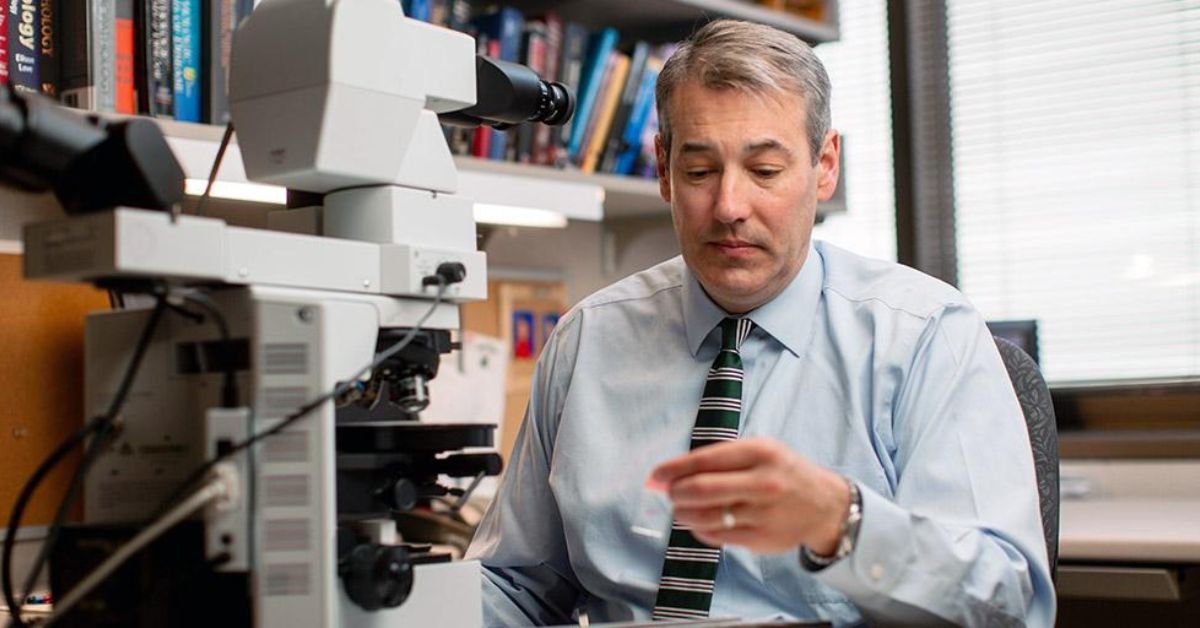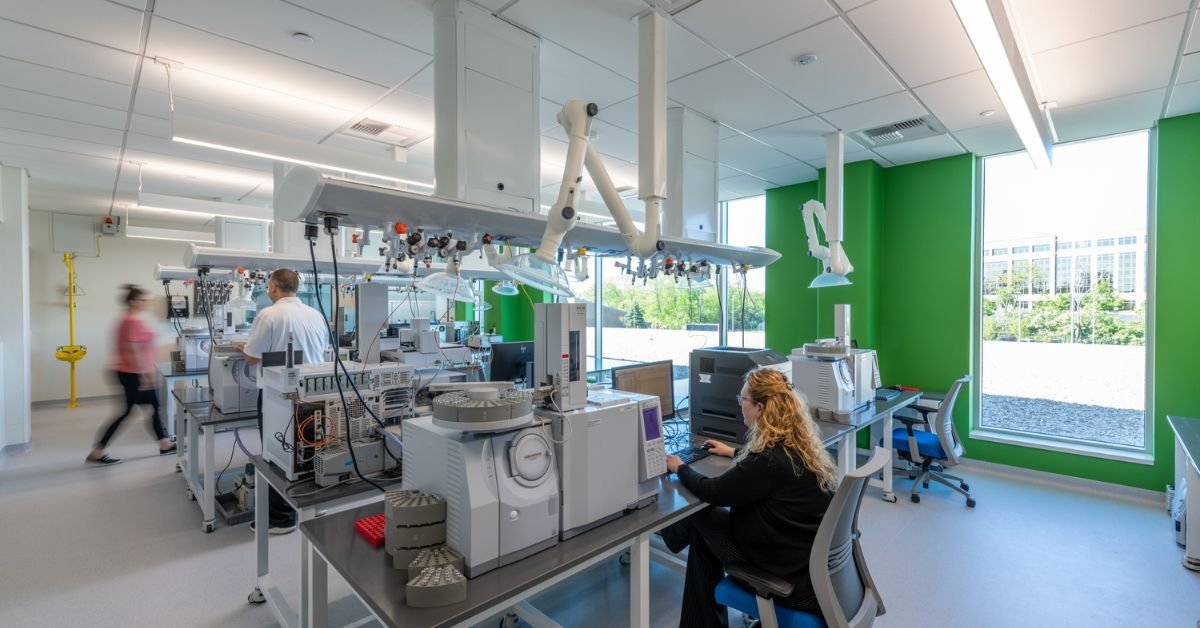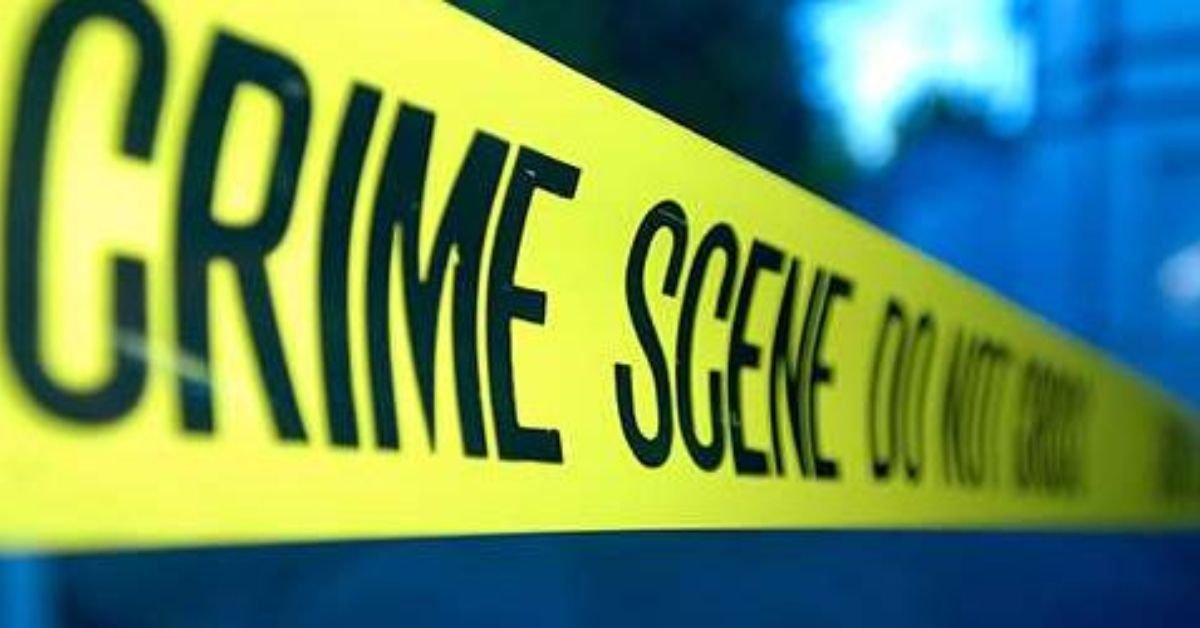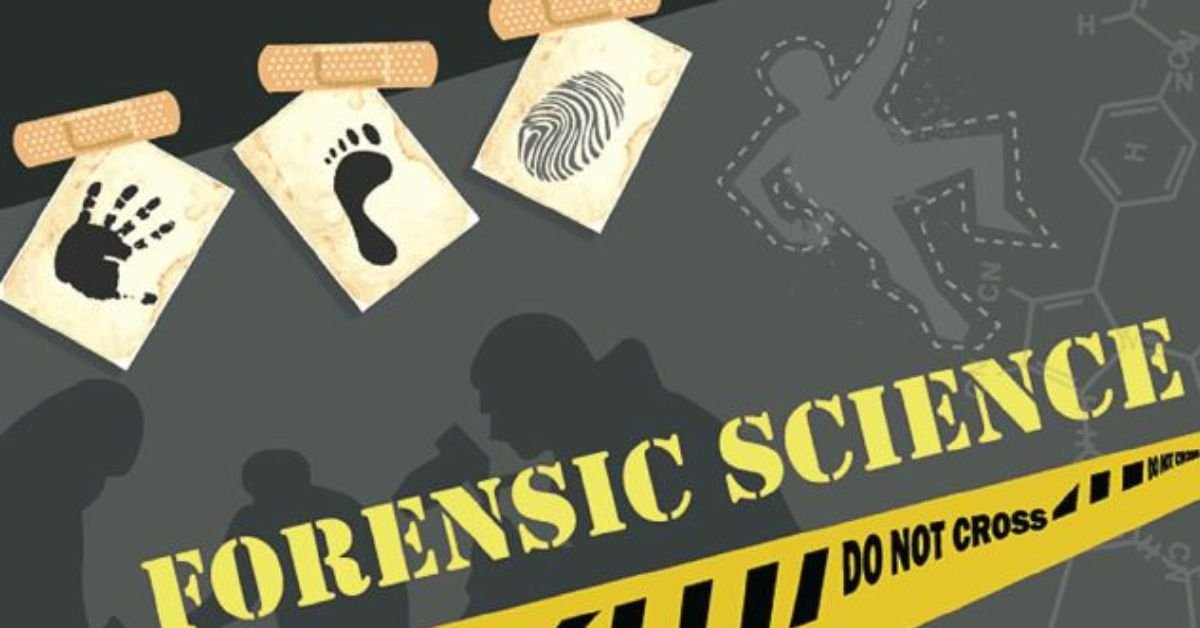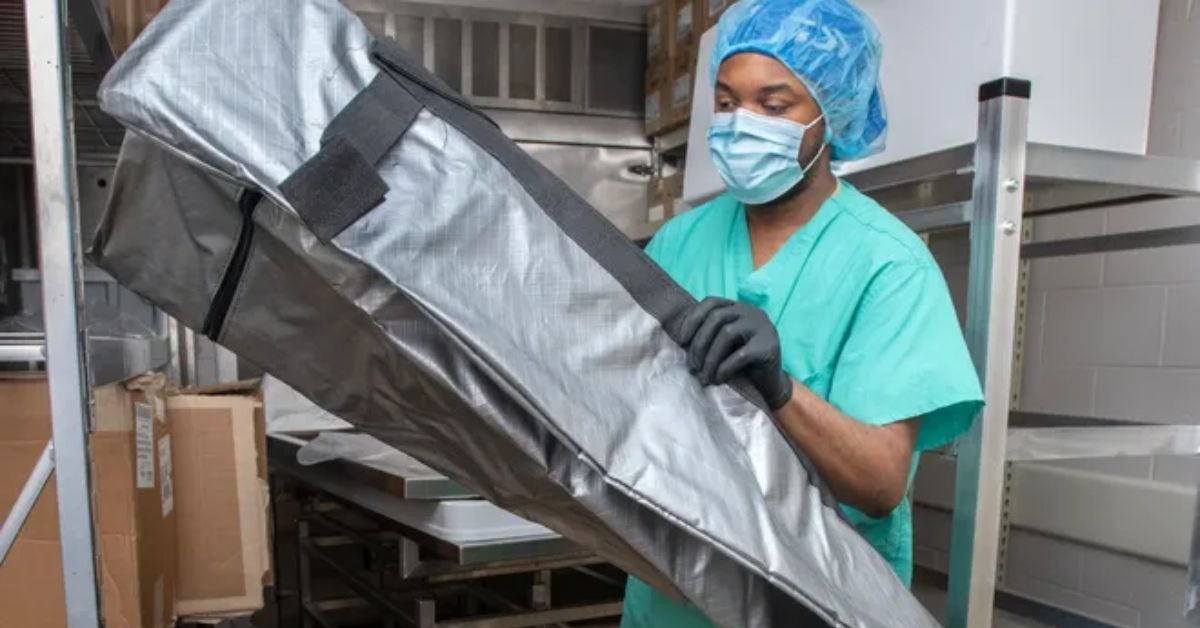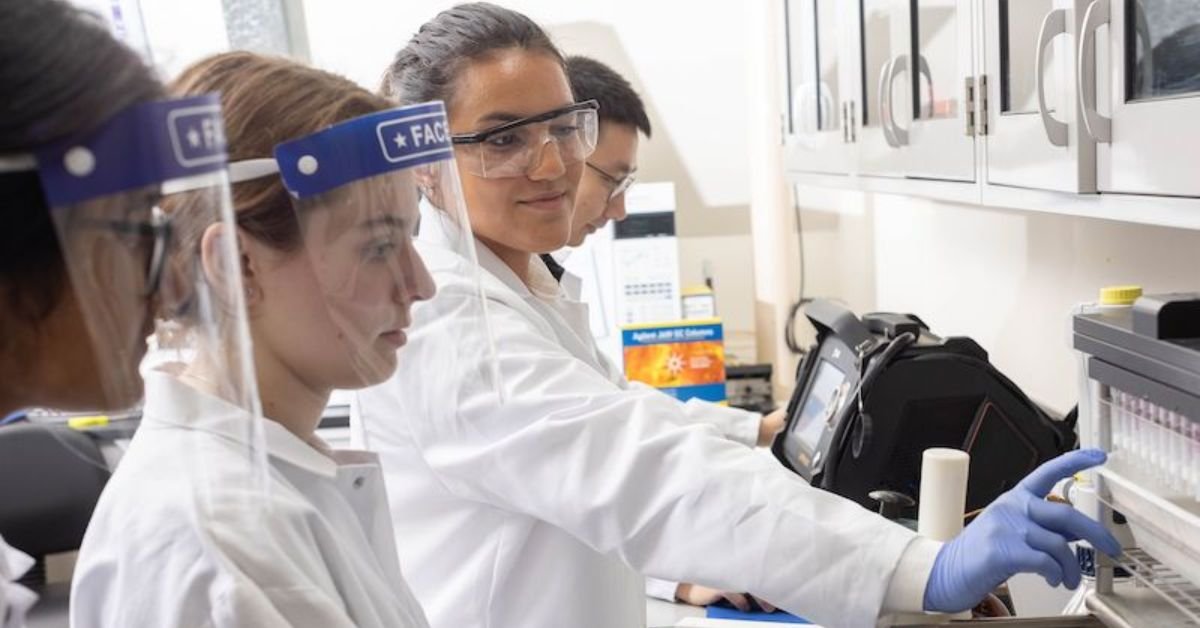In Florida, medical examiners are vital to the criminal justice system, serving as experts in determining the cause of death, identifying deceased individuals, and assisting law enforcement in criminal investigations. Their role is established under Florida law, with specific statutes outlining their responsibilities, procedures, and authority. This article provides an overview of the role of medical examiners in Florida law, their legal obligations, and how they contribute to the state’s forensic and criminal justice systems.
1. Legal Framework Governing Medical Examiners in Florida
In Florida, medical examiners operate under the authority of Chapter 406 of the Florida Statutes, which outlines the duties, responsibilities, and operational procedures of medical examiner offices across the state. The Florida Medical Examiners Commission (FMEC) oversees the operations of these offices, ensuring compliance with state laws and national forensic standards.
- Chapter 406, Florida Statutes: This statute governs the duties of medical examiners and provides the legal basis for their authority to investigate certain types of deaths, including those that are suspicious, accidental, or criminal in nature.
- Florida Medical Examiners Commission: This commission is tasked with overseeing medical examiner offices in Florida. It establishes guidelines for conducting autopsies and other investigative procedures, ensuring standardization across the state.
2. Duties of Medical Examiners in Florida
Medical examiners in Florida are responsible for investigating deaths that occur under specific circumstances, such as:
- Unnatural or Suspicious Deaths: If a death occurs under suspicious, criminal, or unexplained circumstances, it is the responsibility of the medical examiner to conduct a post-mortem examination to determine the cause of death. This includes homicides, suicides, accidents, and deaths where foul play is suspected.
- Autopsies: A critical duty of medical examiners is to perform autopsies, especially in cases where the cause of death is not immediately clear. This helps to provide clarity in criminal investigations and legal proceedings.
- Death Certification: Medical examiners are required to certify the cause of death on the death certificate. They are responsible for determining whether the death was natural, accidental, suicidal, or homicidal.
- Investigations: Medical examiners investigate the circumstances surrounding a death, collaborating with law enforcement agencies and other professionals to determine the manner and cause of death.
3. When Medical Examiners Are Required by Florida Law
Under Florida law, medical examiners must be involved in investigations of certain types of deaths. According to Section 406.11, Florida Statutes, medical examiners are required to investigate deaths that meet the following criteria:
- Violent or Unexplained Deaths: Any death resulting from violence, suicide, accident, or any other unexplained cause requires the involvement of a medical examiner.
- Deaths in Custody: If a person dies while in custody or during an arrest, the medical examiner must conduct an investigation to determine the cause of death.
- Death of a Child: The death of a child under the age of 18 requires a medical examiner’s investigation, especially if the cause is unclear or suspicious.
- Unusual Circumstances: Deaths occurring under unusual or suspicious circumstances, including sudden deaths in apparent good health, require examination by a medical examiner.
4. Medical Examiners and Law Enforcement Collaboration
Medical examiners play a critical role in criminal investigations in Florida. They collaborate closely with law enforcement agencies, such as the Florida Department of Law Enforcement (FDLE), local police departments, and sheriff’s offices, to investigate deaths and gather evidence for legal proceedings.
- Forensic Evidence Collection: Medical examiners work alongside crime scene investigators to gather physical evidence from the deceased, including blood, tissues, and bodily fluids, that may be crucial for solving the case.
- Testimony in Court: Medical examiners are often called to testify in criminal court as expert witnesses. They present findings from their investigations and autopsies to assist in legal proceedings, helping to establish the cause and manner of death.
- Consultation with Prosecutors: Medical examiners frequently consult with prosecutors to determine whether there is sufficient evidence to bring charges in cases involving suspicious or violent deaths.
5. Role of Medical Examiners in Providing Expert Reports
One of the critical responsibilities of a medical examiner is to prepare detailed, objective reports based on autopsy findings and investigations. These reports serve several purposes:
- Court Use: The medical examiner’s report is a key document in criminal cases, as it provides factual, unbiased information on the cause and manner of death.
- Public Health: In cases where the cause of death relates to an epidemic, disease outbreak, or public health issue, the medical examiner’s findings are used to inform public health responses and policy.
- Insurance Claims and Other Legal Matters: Medical examiner reports may also be used in insurance claims, wrongful death lawsuits, and other legal matters where determining the cause of death is critical.
6. Ethical and Legal Considerations for Medical Examiners
Medical examiners in Florida must adhere to a strict code of ethics and legal guidelines in their work:
- Objectivity and Impartiality: Medical examiners are expected to remain neutral and unbiased, ensuring that their findings are based solely on the evidence at hand.
- Confidentiality: Medical examiners must maintain the confidentiality of sensitive case information and comply with privacy laws related to the deceased and their families.
- Compliance with Florida Statutes: Medical examiners must follow state laws governing the handling of evidence, death investigations, and the reporting of findings. They are held to high standards of professional conduct.
7. Challenges Faced by Medical Examiners in Florida
While medical examiners play a vital role in the criminal justice system, they often face several challenges:
- Backlog of Cases: High caseloads and limited resources can lead to delays in conducting autopsies and issuing reports, especially in larger counties.
- Public Scrutiny: Medical examiners’ work can come under public scrutiny, especially in high-profile cases, which may involve intense media coverage and legal pressure.
- Resource Constraints: Many medical examiner offices, particularly in rural areas, face financial constraints that limit their ability to hire sufficient staff or upgrade laboratory equipment.
Conclusion
Medical examiners in Florida play a crucial role in upholding justice and public safety by conducting thorough investigations into deaths, determining causes of death, and providing expert testimony in court. Their responsibilities are governed by Florida law, ensuring that investigations are conducted according to established legal and ethical standards. Despite facing challenges such as high caseloads and resource limitations, medical examiners continue to serve as integral members of the state’s criminal justice system.
References
- Florida Statutes, Chapter 406 – Medical Examiners. (2023). Retrieved from https://www.leg.state.fl.us/statutes/
- Florida Department of Law Enforcement (FDLE). (n.d.). Forensic Services. Retrieved from https://www.fdle.state.fl.us
- National Association of Medical Examiners (NAME). (n.d.). About Medical Examiners. Retrieved from https://www.thename.org
